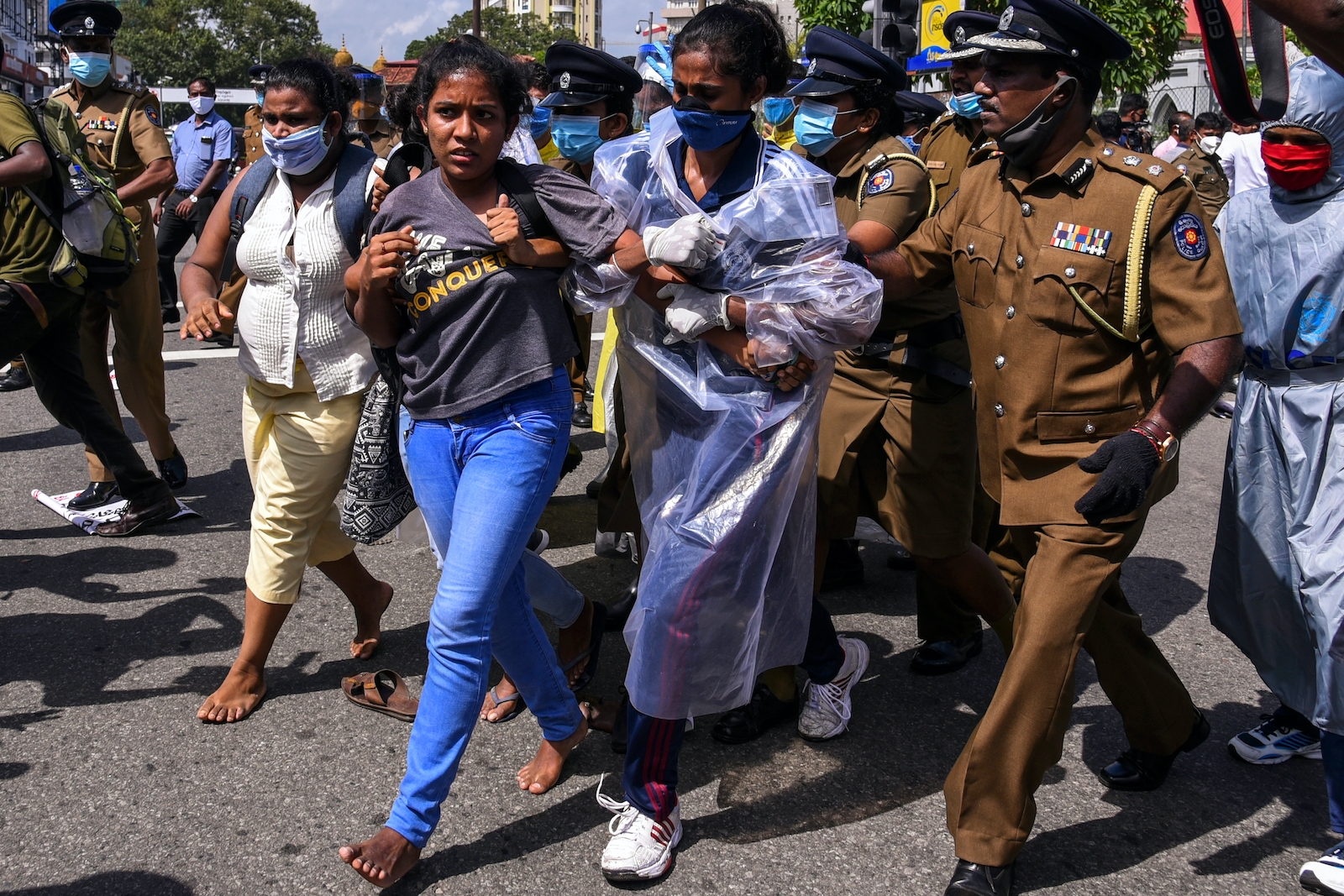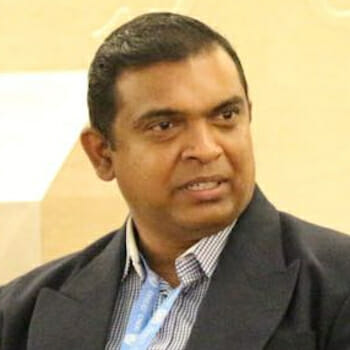
Troubles of Aiding a Troubled State
Sri Lankan Tamils, both Ceylon Tamils who live in the north and east of the country and the Tamils of Indian origin who went to the island nation during British colonial times, have always looked up to India with hope. Sri Lanka never really had a freedom struggle. As such, many Sri Lankans revere Indian freedom fighters.
When Sri Lanka became independent in 1948, one of the first acts of the country was to disenfranchise the Tamils of Indian origin, making them stateless. India was forced to take back more than half a million of these people as part of the Sastry-Sirimavo pact of 1964.
When India fought against Pakistan in 1971, Sri Lanka offered some assistance to Pakistan which forced India to favor the Tamils during the early stages of the Sri Lankan civil war. India gave refuge to more than 232,000 Tamil refugees in 1983 and mediated the Thimpu peace talks in 1985.
In 1987, India sent security personnel into Sri Lanka and signed the Indo-Sri Lanka Peace Accord, by which Sri Lanka was to implement the 13th Amendment to their constitution which had many provisions paving the way for treating Tamils with dignity. India ended up fighting the Tamil Tigers and losing more than 1,200 soldiers. Sri Lanka never implemented the 13th Amendment and unceremoniously forced India to withdraw its security personnel.
When Sri Lanka fought the LTTE in the final leg of the conflict, India steadfastly supported Sri Lanka with the hope that they would implement the 13th Amendment. After the war, Mahinda Rajapaksa, the former president, completely leaned toward China, and the economy was run on borrowed money from China.
As a result of the mismanagement by the gross nepotism of the Rajapaksa family, in 2015, the Rajapaksa family was thrown out of power. India and the West played a large role to play in aiding the opposition as they felt the new regime promising ‘good governance’ would be more democratic.
As the economy kept failing and internal bickering in the ruling coalition increased, they were voted out paving the way for the return of the Rajapaksas. Gotabaya Rajapaksa became the president, and his elder brother, Mahinda Rajapaksa, became the prime minister. Until April 3, the Rajapaksas controlled 24 percent of the national budget along with nine ministerial roles and seven out of 30 available cabinet positions.
There has been massive public outrage against the ruling family who continues to enjoy life, while people are starving with prices skyrocketing and essential goods becoming scarce. There is a severe shortage of fuel, medicine, and food. Electricity has been rationed. Schools have not conducted exams and newspapers have stopped printing for want of paper.
Many Sri Lankans have taken to the streets to oust the Rajapaksa family from power. A number of Tamils have reached India by boat to survive this economic mess.
China, which has stood by the Rajapaksas, has completely pulled out of this imbroglio. India has been sucked into the vacuum left by China only for economic purposes. In January, India gave $500 million and a currency swap of $400 million. In March, India announced a credit of $1 billion to procure food, medicines, and other essential items.
India is ignoring the evidence that the Rajapaksas are accused of genocide. To date, 146,679 Tamils are unaccounted for. The spending on the armed forces constitutes a high percentage of the Sri Lankan budget despite the civil war ending in 2009.
In the north, for every three civilians, there is one security personnel making Sri Lanka one of the most militarised countries on the planet. India had tried to even help 90,000 war widows, but the Sri Lankan government did not even allow post-conflict care for these people. In the past, India has given significant aid to rebuild the 160,000 homes of Tamils destroyed during the war.
The people of southern Sri Lanka are now realizing that the Rajapaksa family is a liability. By aiding such an undemocratic regime without any pre-conditions, India is losing the goodwill of the Tamils who have traditionally supported them as well as Muslims and the Sinhalese.
We may think that we are rescuing the people of Sri Lanka but we are in fact disrespecting the people’s wishes to put an end to a draconian regime and usher in a new democratic government. In order to maintain our dignity as a country that respects and fosters human rights, the Rajapaksa family must vacate its position of power.

